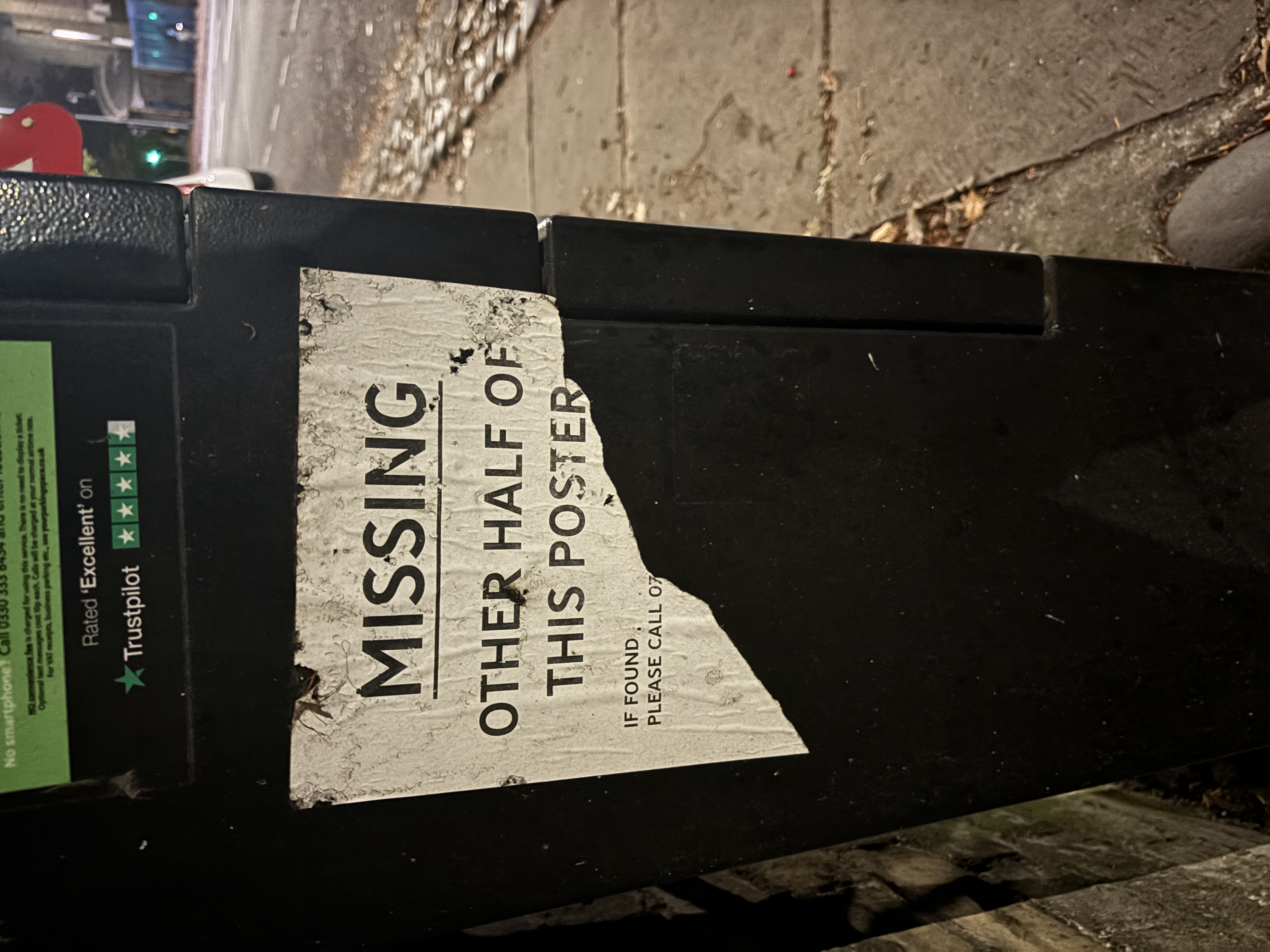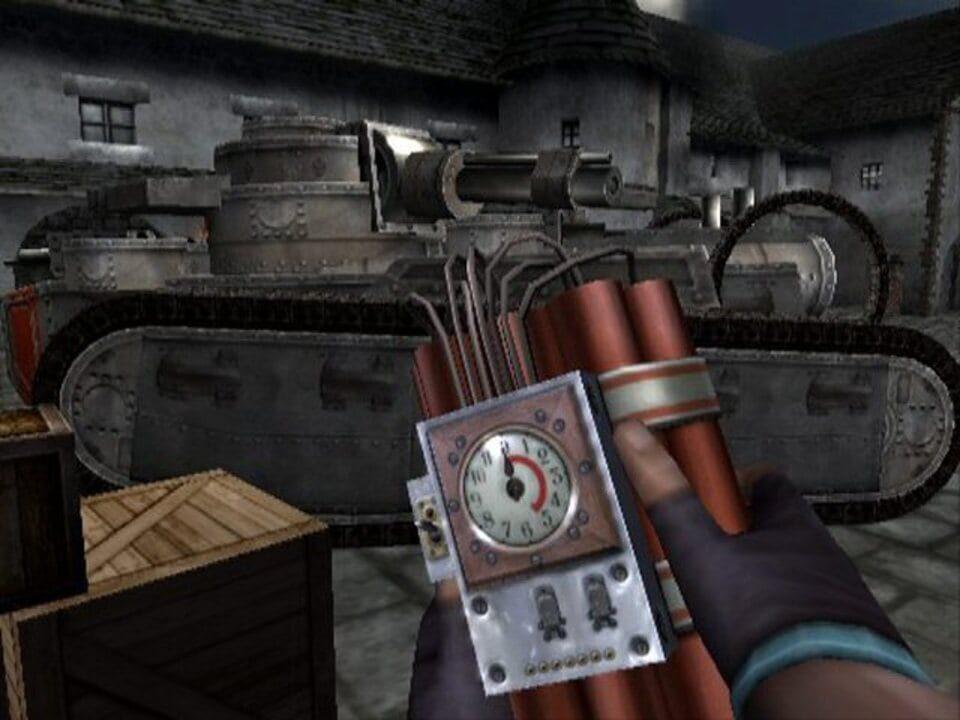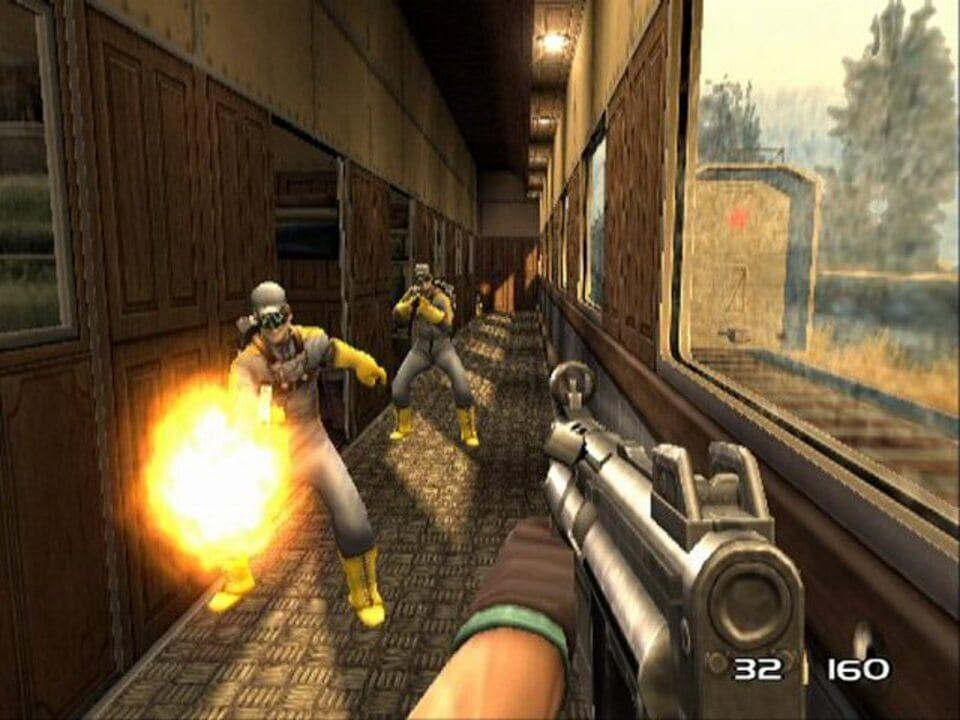from issue one of Factsheet Five
https://archive.org/details/1_20230606_20230606_1844/page/n1/mode/2up
@kelbot joy!
In an effort to make my computers weirder, I dug a CutiePi Tablet out from the makerspace.
I've had this thing since the kickstarter. It was sitting at the makerspace unused because the last CutePiShell build or whatever they called their window manager, sucked. It was broken and incomplete.
Now there's a decent ubuntu build, so I'm using that.
#fennel 1.6.0 is out! https://fennel-lang.org/changelog#160--2025-10-13
main features include reading files from macros, --to-be-closed with-open, and the ability to disable lambda asserts
Published my review of the Sony CLIE PEG-TG50 and updated my recommended Palm OS apps page on my capsule.
gemini://gemini.cyberbot.space/gemlog/2025-10-13-TG50review.gmi
gemini://gemini.cyberbot.space/retrocomputing/palmsoftware.gmi
Something weird happened to the Arduino.
The program I had written to flash the onboard LED no longer works.
This is the issue with assembly language--perhaps another route of exploration is needed.
There is ulisp, which was my original plan of action--build a BASIC on top of that...
https://basiclang.solarpunk.au/ is down right now, i think SDF must be doing some maintenance.
#TIL that Weisenbaum’s Eliza was a pattern-matching system with a pretty understandable syntax. And it’s Turing-complete too! https://github.com/jeffshrager/elizagen.org/tree/master/TuringCompleteness
Now I wonder how much effort would it be to modernize the code and use it in my projects…
Super Star Trek with Marcus Aurelius quotes:
https://www.youtube.com/watch?v=3aN_L4zoGio
I mostly played the Ahl version, but also a sorta-commercial one with Atari 8-bit graphics, neither had the quotes. I would've loved that, tho I didn't get into The Meditations until my 20s.
I am pretty sure I have it in me to write a Tiny BASIC for the Arduino Uno and the like, with their 2K RAM.
However, the little project, despite being a diversion while I wait for parts, has not failed at wrinkling my brain.
Luckily I have found some existing historical BASIC interpreters on a random web page from the 2000s, which, among other things, includes a 6800 implementation of Tiny BASIC, and some KIM-1 tape dumps of another variant.








